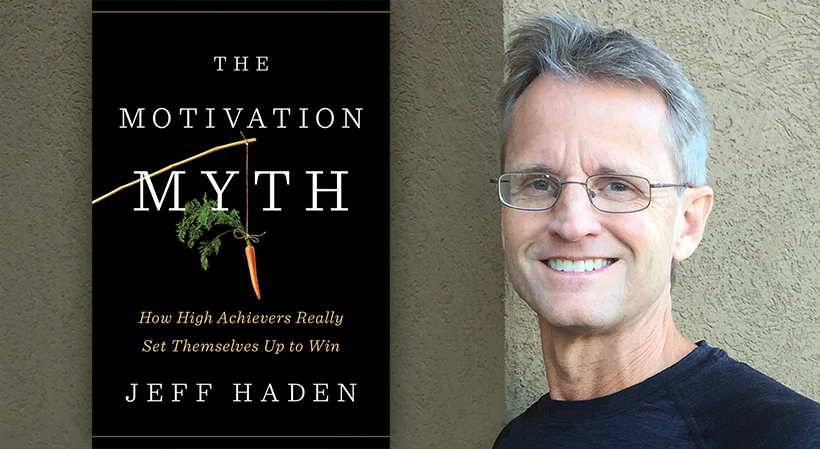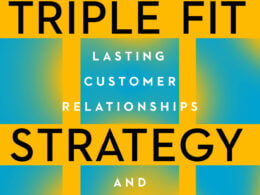It happens every time. Within moments of starting a conversation with successful startup founders and entrepreneurs (and over the years at Inc. magazine, I’ve interviewed and spoken with hundreds), they start talking about the people that helped them become successful. Their co-founders, their partners, their employees and the people who served as the inspiration for their success.
But they don’t talk about wanting to be like, say, Cuban or Zuckerberg or Gates. (After all, you don’t want to be the next Steve Jobs. Strive to be the first you).
Instead they talk in practical terms. Approaches. Strategies. Processes. Leadership. Delegation. They talk about what they learned, and what they put to use. Ideas are great, but ideas without execution are just dreams.
And while entrepreneurs may be the biggest dreamers of all, they’re also the biggest doers of all.
So, how should you decide who to emulate as you start to build your business?
The following is excerpted from “The Motivation Myth: How High Achievers Really Set Themselves Up to Win” by Jeff Haden with permission of Portfolio, an imprint of Penguin Publishing Group, a division of Penguin Random House LLC. Copyright © Jeff Haden, 2018.
How to Pick Your Pro
Whom you choose to admire—and it is a choice—says more about you than about that person. We tend to admire certain people because we see something of ourselves in them. We like to think that what they do and how they do it indicates what we would do if given the chance.
Say you’re a tech entrepreneur. You may admire Mark Zuckerberg for staying the course and reportedly turning down a $1 billion offer from Yahoo!, or you may admire Mark Cuban because he cashed out by selling Broadcast.com to Yahoo! for more than $5 billion just a few years after cofounding the company.
Related: Choosing Your Best Pathway to Purpose Through Entrepreneurship
Maybe your hero is Sara Blakely, the founder of Spanx, who—and this is even more difficult—is raising four children. Maybe you admire Sheryl Sandberg because she’s a successful businesswoman or because she works tirelessly to help women (and men) find ways to lead more fulfilling and successful lives. (Or maybe you admire her for both reasons).
Maybe your hero is Richard Branson; if you were a billionaire, you would be an adventure-seeking, publicity-generating machine, too.
(But keep in mind that for Branson, experiencing adventure was the primary purpose. “It was the adventure that was irresistible, basically,” he told me, “but there was the by-product that Virgin as a brand became an adventurous brand, a sexy brand, and I think some of these adventures did actually help with that. Today, Virgin is one of the better-known brands in the world. It punches quite a long way above its weight compared with its turnover and profits. I had a lot of fun, incredible adventures, and the by-product from a branding point of view was positive as well.”)
Or maybe you’d take an approach opposite and choose Brad Kelley as your hero. If you were a billionaire who owned more land than the area of Rhode Island, you would make sure no one has heard of you either.
It doesn’t matter whom you admire. It doesn’t matter whom you look to for inspiration; you’re seeking more of a blueprint for success. Whom you choose is important only in that their approach to success will help you achieve your goals.
You can even take a counterintuitive approach and think well outside the hero box. Think of someone who is extremely successful but whom you would normally never dream of emulating.
If you’re shy and reserved, pick a relentless self-promoter. If you love shooting from the hip, pick someone known for thorough analysis. If you always seek to build consensus through compromise, pick someone who often takes a bold stand.
Then pick a specific skill, quality, or attribute, and do something the way that person would do it. It won’t be comfortable. It won’t feel natural. But it will stretch you and take you to places you otherwise never would have gone.
Sign Up: Receive the StartupNation newsletter!
And then, if what you’ve done so far hasn’t taken you where you want to go, take a bigger swing at the emulation target. Learn as much as you can about that person, and adopt as many of their habits and routines as you possibly can.
“The Motivation Myth” is available now at fine booksellers and can be purchased via StartupNation.com.






